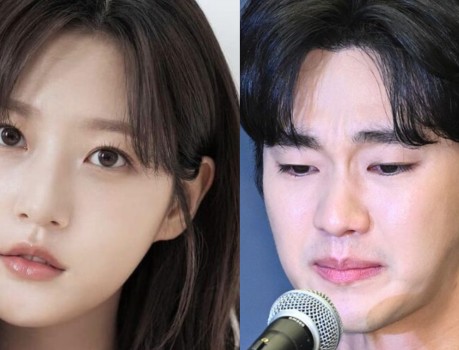Join the Discussion
Latest News
Most Popular

'Surely Tomorrow' Sparks Outrage as Controversial Scenes and Low Ratings Pile Up

Dispatch New Year Couple Prediction Goes Viral—BTS's J-Hope and Gong Yoo Named With 'Evidence'

Lee Soon-jae's Last Request Before His Death Is So Heartbreaking It Left the Studio Silent

BTS' Suga Left Speechless After Legendary Actress Admits She Almost Married Bang Si-hyuk

Go Ara Leaves Netizens Stunned With Her Unchanged Visuals — 'How Is This Even Possible?'






